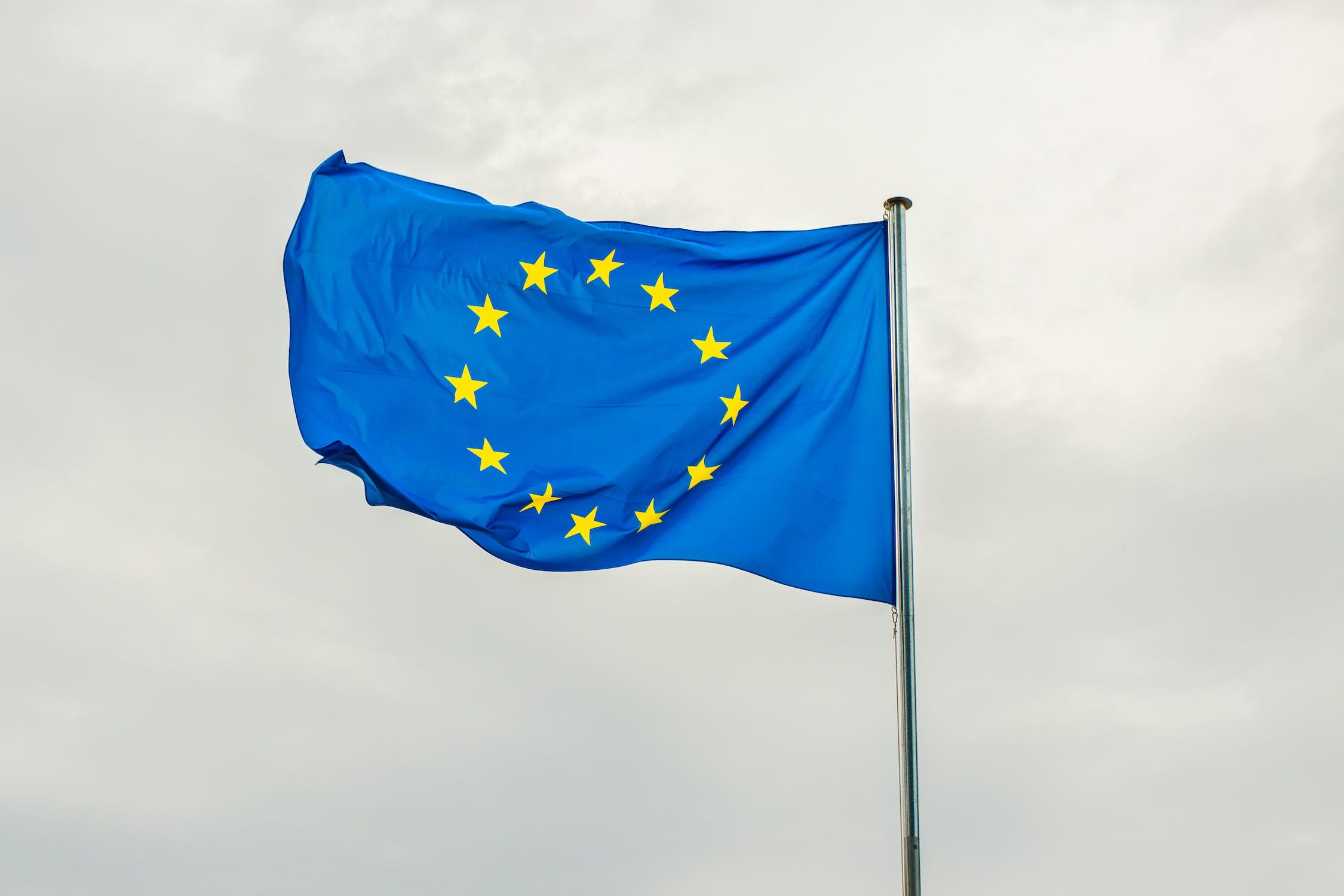The European Union’s effort to apply more stringent content regulations to big tech companies has faced its first legal challenge from Zalando, Europe’s largest fashion retailer, which said it did not believe the rules should apply to it alongside the likes of Google and Facebook.
The German company sued the European Commission on Tuesday over the matter in the Luxembourg-based European Court of Justice, the bloc’s highest court.
It argues the Commission’s methodology in classing it as a very large online platform (VLOP) under the Digital Services Act (DSA) was faulty.
Zalando was named in April as one of the 19 platforms to which the DSA would apply, along with five Alphabet subsidiaries, two Meta units, two Microsoft businesses, Twitter and Alibaba’s AliExpress, and was the only European firm on the list.

Hybrid model
The company said the Commission had failed to take into account the hybrid nature of its business model, which means it does not present a risk of disseminating harmful or illegal content from third parties.
“The European Commission misinterpreted our user numbers and failed to acknowledge our mainly retail business model,” said Zalando chief executive Robert Gentz in a statement.
“The number of European visitors who connect with our Partners is far below the DSA’s threshold to be considered as a VLOP,” he added.
The company said its direct retail business users, which account for 64 percent of the total, should not count toward the total user base as the DSA does not apply to retail firms.
‘Not a punishment’
The remaining 31 million average monthly users who participate in programmes that involve third-party stores is below the DSA threshold of 45 million users, Zalando said.
Commission industry chief Thierry Breton said the DSA applies not only to content but also the entry of illegal or unsafe products into the EU market, protection of children against age-inappropriate or unsafe goods and removing counterfeit merchandise.
“Complying with the DSA is not a punishment – I encourage all platforms to see it as an opportunity to reinforce their brand value and reputation as a trustworthy site,” he stated.
An EU official said the Commission was “confident” in its methodology and would defend it in court.
“I am confident in our methodology and the fact that our approach is non-discriminatory and ensures a level playing field across the board,” the official said.





